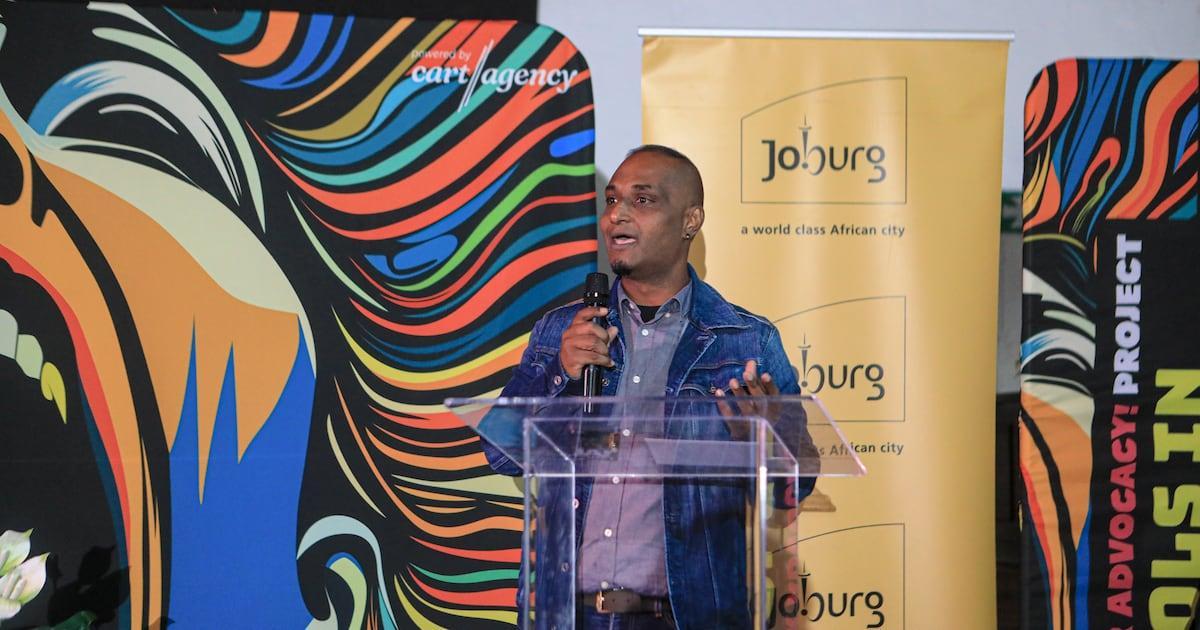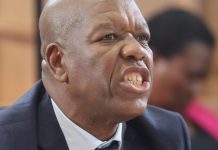Africa-Press – South-Africa. The Junior Achievement (JA) project brought together pupils, teachers and City of Johannesburg officials on Friday to discuss school safety, bullying and the growing mental health crisis among young people.
The event was hosted in Johannesburg as part of the JA Project’s national youth empowerment drive focused on giving pupils a voice and empowering them to become agents of change in their schools and communities.
JA Project CEO and executive director Joash Daniel said the initiative was created to help young people take the lead in creating safer, kinder and healthier learning environments.
“Schools are the centre of community change. They don’t only serve pupils, they serve parents, local businesses and the wider community. To fix society we must start with our schools,” he said.
The director of the SA Anti-Bullying Institute (Sabi), Toto Geza, was quoted in a recent TimesLIVE report as saying many schools lack comprehensive safety policies and those that do have often struggle to implement them effectively. Every child deserves to learn in an environment free from fear, intimidation and harm, Geza said.
Health and social development MMC Ennie Makhafola said the City of Johannesburg has collaborated with social workers and the Johannesburg metro police department (JMPD) to address safety and drug issues in schools.
“When social workers report issues such as drugs or unsafe conditions, we send the JMPD to act. The JMPD also does surprise checks to make sure schools are safe,” she said.
Makhafola highlighted city programmes aimed at improving youth well-being, including free sanitary pads for girls aged 12 to 18, youth-friendly clinic hours and job and skills development centres to reduce unemployment and substance abuse.
“Young people are not only beneficiaries, they are leaders and innovators who must help us build a safer, healthier Johannesburg,” the MMC said.
Alexis van Eeghem, from HJW Attorneys, said many teachers don’t know that by law they must act when a pupil is being bullied or abused.
“Teachers act in the place of parents. If they suspect a child is being abused, they must file a report to police or social workers. Not doing so is a criminal offence,” she said.
Van Eeghem warned that while private schools often have legal resources, public schools struggle with limited budgets.
“All teachers, public and private, deserve proper training and support to keep pupils safe.”
Sarah Hards, from the South African Depression and Anxiety Group (Sadag), said her organisation works with the Gauteng department of education and the Matthew Goniwe School of Leadership and Governance to bring mental health education directly into classrooms.
“We go class by class, not as teachers, but as people who understand. Pupils talk about bullying, pressure from parents, anxiety and even suicide. They need someone to listen.”
She said many teachers struggle to identify pupils with mental issues.
“Teachers care but don’t always have the tools or resources to help. There’s still a long way to go in building mental health awareness in schools.”
Makhafola said the issues must be looked into thoroughly to ensure pupils are protected at all times, and teachers must play a role in protecting them.
For More News And Analysis About South-Africa Follow Africa-Press






